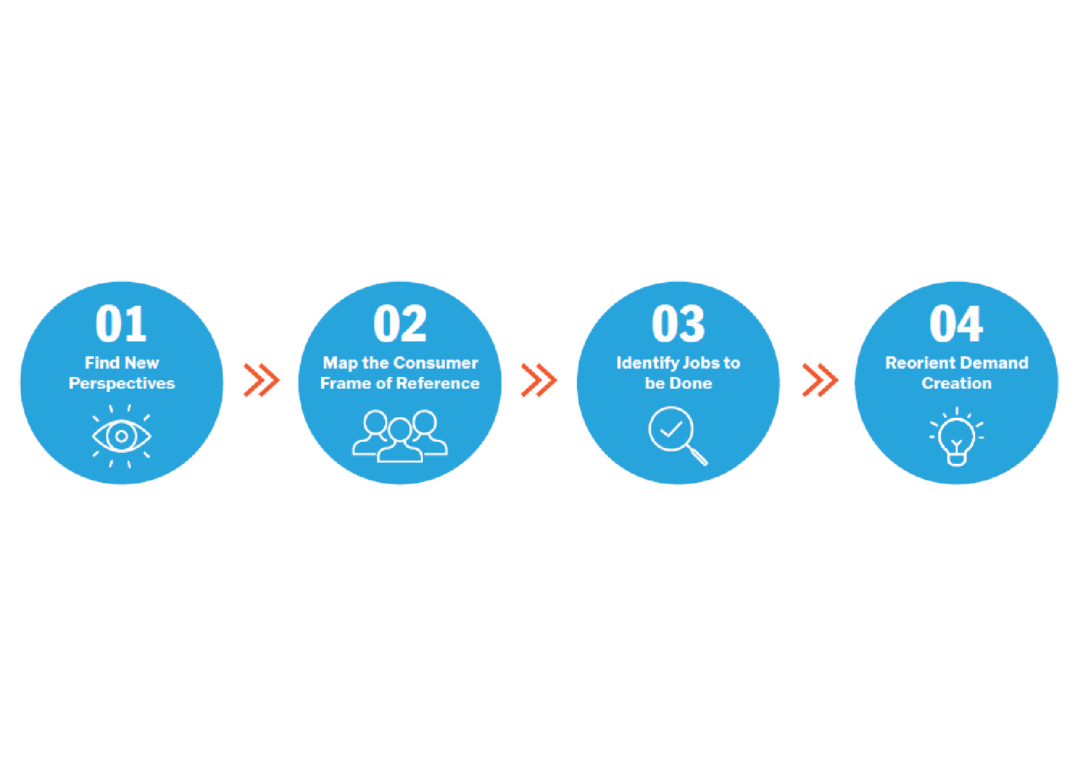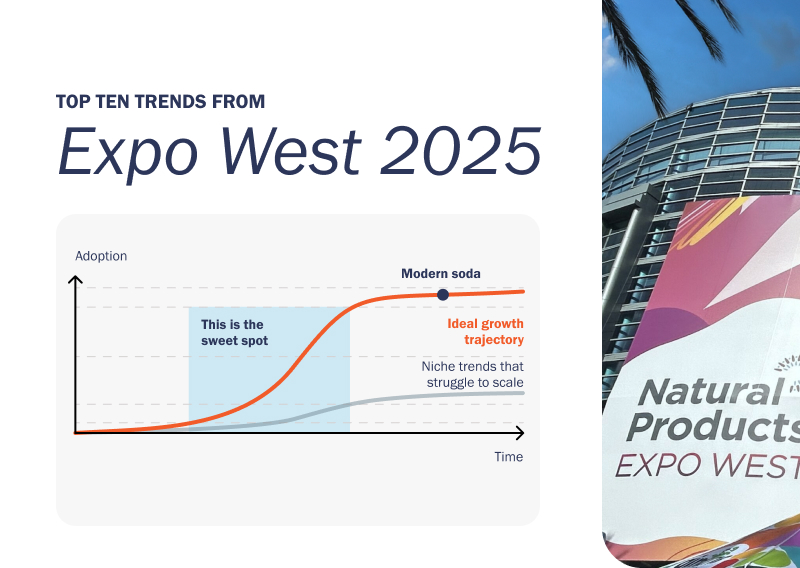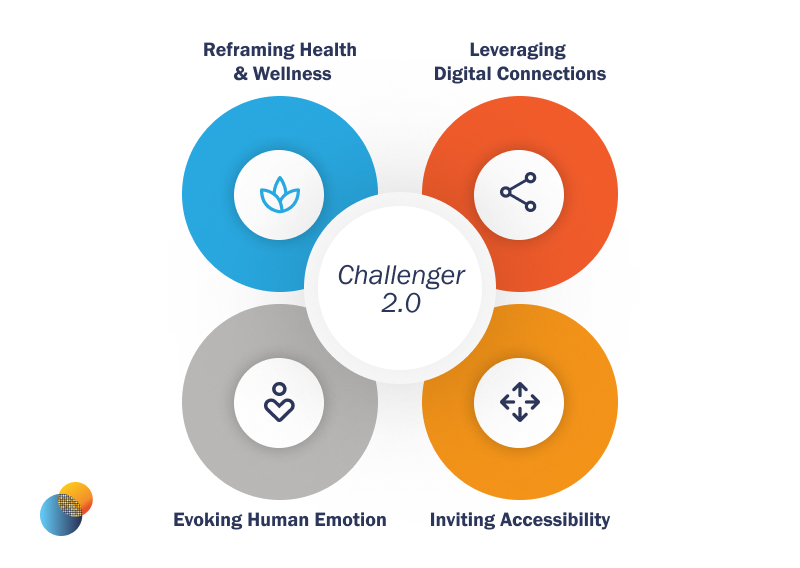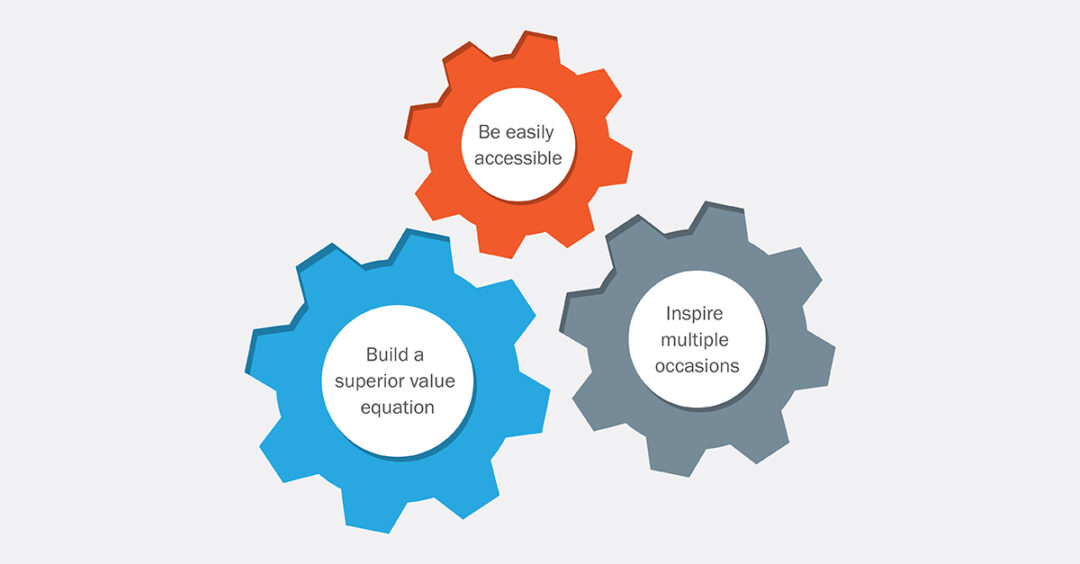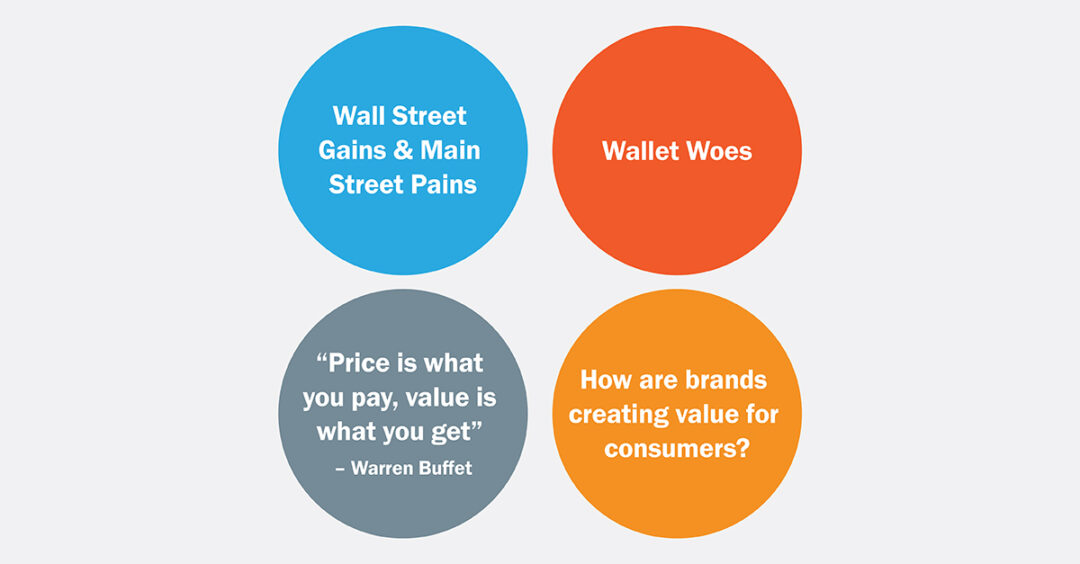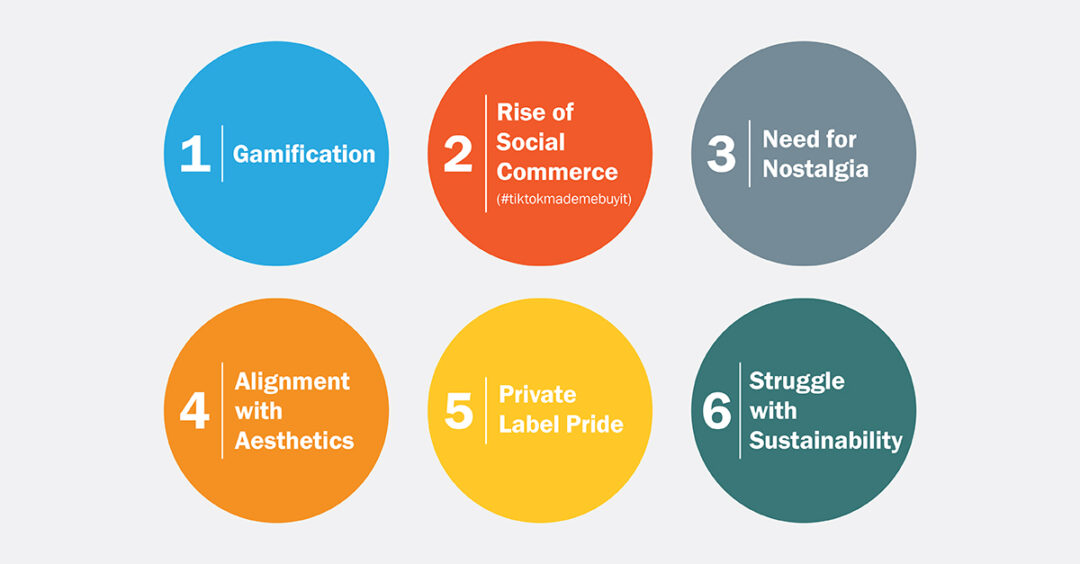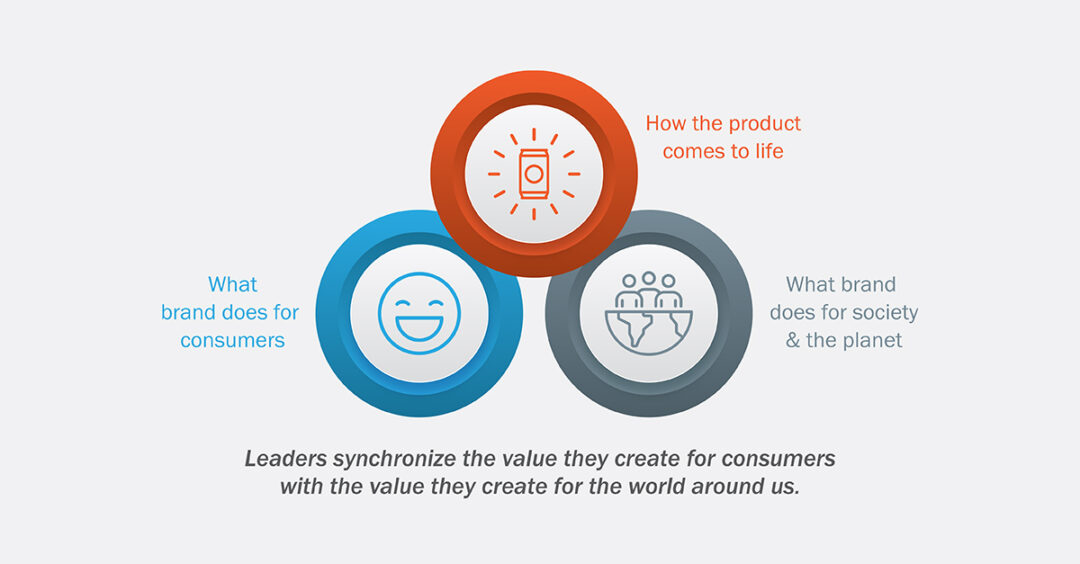2023 Challenger Brand Paper: Evolving the Consumer Value Equation
This year’s study celebrates the challenger brands that have successfully navigated the recent disruptive economic, political, and environmental changes by redefining the consumer value equation. With rising inflation rates, fierce national political battles, and (continued) climate turmoil, our Top 10 challenger brands are delivering on the priority needs that a growing segment of consumers no longer choose to live without in categories – climate commitment, conscientiousness and cost. We call these the ‘3 Cs’ of the evolved consumer value equation, enabling our challengers to differentiate themselves, increase their relevancy and quickly build trust.
More than ever, the consumer value equation needs to be at the forefront of brand and strategy planning, particularly for those less entrenched movers looking to make inroads. This year’s Top 10 challenger brands highlight new ways to deliver against the ‘3 Cs’.

Climate Commitment:

1. Viv
Look to Viv for earth-friendly and toxin-free period care. Their packaging is 100% recyclable, pads & liners are fully biodegradable in 150 days, and their organic cotton tampons are made with plant-based applicators, cutting out harmful chemicals and uncomfortable plastic. Not only is Viv dedicated to helping menstruators everywhere have a zero-waste period, but they are also committed to smashing period stigma, as promoted through the Voices by Viv podcast. While subscribe & save makes it easy to have period care delivered when you need it, you can now also find this brand in-store at CVS!

2. AWSM
New entrant to the sauce market, AWSM, is helping consumers to Avoid Waste + Season Meaningfully. The powder form of their sauces allows for extended shelf life, eradicating the #1 reason for condiment waste (they’re not used in time!) By cutting out water weight, the company also reduces their environmental shipping impact (i.e., less fuel), furthering the brand’s mission to help the world #sauceresponsibly.

3. Akua
Akua is making ‘kelp-based’ the new ‘plant-based’ with their range of kelp-based meat alternatives. As animal agriculture is the 2nd largest contributor to greenhouse gas emissions in the world, Akua is focused on creating a tasty way to replace factory farming with regenerative ocean farming. Their farming practices significantly reduce CO2 emissions and help us be kinder to the planet – one kelp burger at a time! Impressively, they’ve raised $5.4M to date and show no sign of stopping.

4. Atomo
Founded in 2019, newcomer to the caffeine scene Atomo is paving the way for a more sustainable coffee kick – without the beans! The star ingredient is upcycled date seeds and their brewing method uses 94% less water and expends 93% less carbon emissions than conventional cold brew. As climate change continues to threaten traditional coffee production, Atomo points to the future of coffee, supporting the ever-increasing demand for your daily brew. Recently named to TIME’s list of the best inventions of 2022, this brand is certainly one to watch.
Conscientiousness:

5. Conscious Step
With each pair of socks devoted to a different cause, Conscious Step partners with a variety of non-profits (e.g., environmental, animal rights, human needs, etc), delighting consumers with the ability to choose which cause they want to support with their purchase. Consious Step provides transparency into the tangible impact they’ve had; this includes a continually updated monetary tracker that stands at over $800k today, a list of their partner organizations and communities they serve, and a breakdown of the cash flow.

6. Ajiri
Women-owned and operated tea & coffee brand Ajiri takes a multidimensional approach to living out its name which means “to employ” in Swahili. Tea and coffee are sourced / grown in Kenya, and local women create the unique banana bark labels. All profits go to the Ajiri Foundation funding childhood education for orphans in Western Kenya, allowing Ajiri to use education to empower and uplift the communities it serves. This brand earned its spot on shelf at Whole Foods, allowing consumers to support this important mission while drinking flavorful warm beverages.

7. Chum Fruit Bites
Chum Fruit Bites offers a snack you can feel good about giving kids for two reasons: their nutrition panel and commitment to the protection of different endangered species. These natural fruit snacks instill the importance of environmental protection in children through their visually engaging animal graphics and their donation of 15% of profits to WILDAID.org – an NGO that works to end the multi-billion-dollar illegal global wildlife trade industry. Founded in Ireland in 2017, the brand has recently expanded to the US through Amazon and their DTC site.
Cost:

8. The Inkey List
The Inkey List is on a mission to empower consumers with the knowledge they need to navigate their skincare journey. They know skincare can be confusing, so they prioritize accessible price points that allow consumers to test and learn, ultimately building their perfect skincare routine! Inkey reduces costs through less expensive, sustainable packaging and by sourcing ingredients themselves, limiting manufacturing costs, to deliver high quality products all under $15. Since their launch in 2018 they’ve gleaned high praise from leaders in beauty (e.g., Allure) and earned prominent positioning everywhere from TikTok to the shelves of Sephora, reshaping skincare one award-winning serum at a time!

9. Dialogue
Dialogue is an Israeli-based, revolutionary ecommerce platform that uses AI-powered messaging to create individualized shopping experiences – all while helping brands manage site maintenance costs. Personalization is on-trend across the consumer goods landscape, and Dialogue helps ecommerce interactions match the level of personalization of an in-store shopping experience for companies of all sizes – from Sabon to L’Occitane. Dialogue has helped businesses lift conversion rates, session time, and ARPU more easily, all while reducing the brands’ bottom lines and enhancing the shopping experience for consumers.

10. EveryPlate
“America’s best value meal kit,” EveryPlate, helps consumers save time and money on their weekly grocery haul. With EveryPlate, you get a delicious meal for only $4.99 per serving – around 44% less than key competitors– and about 30 minutes of your time. This challenger sits within Hello Fresh, exemplifying how bigger companies can target a wider consumer base by offering accessible versions of their popular services. Reduced packaging and a more streamlined menu keep prices down, allowing consumers of all income levels to be an EveryPlate’r and home chef.

